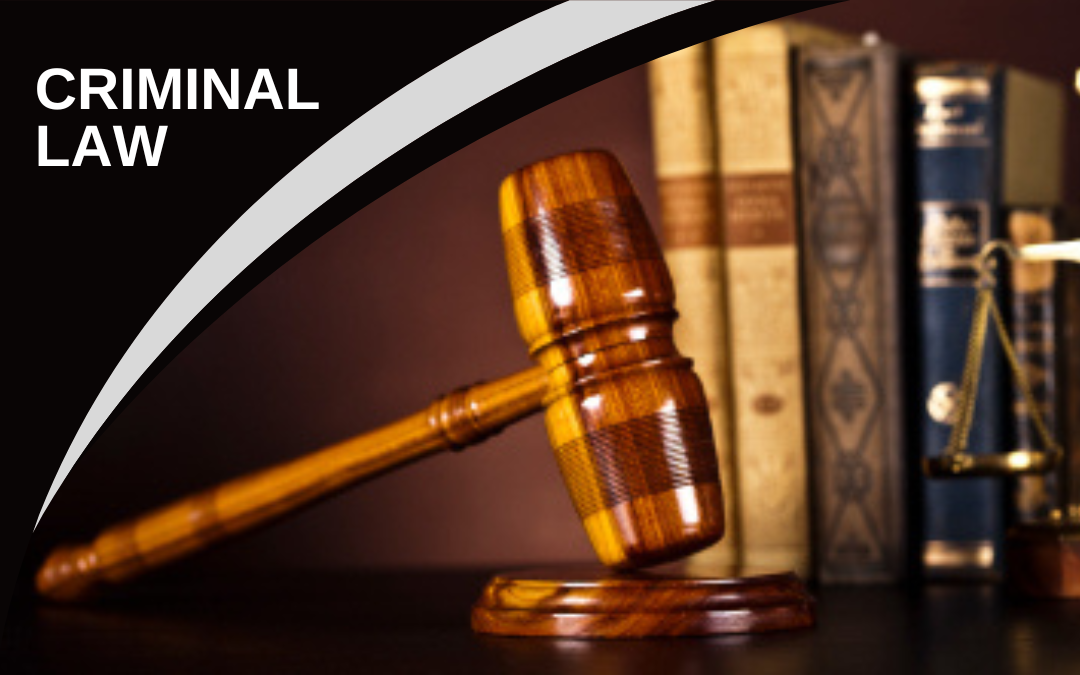
Frequently Asked Questions (FAQs) About Criminal Law
What Is Criminal Law?
Criminal law defines criminal offenses and the punishment of individuals and groups who commit crimes using a system of legal rules. Only the government can initiate a criminal proceeding; individuals can not file criminal charges.
Broadly defined, criminal law refers to state and federal laws that regulate and define what makes certain behavior illegal and the resulting punishment for committing a crime, such as a fine, prison time, or both.
Criminal law oversees felonies and misdemeanors. Felonies are serious criminal offenses like robbery, arson, and murder. Misdemeanors are typically more minor, like petty thefts or traffic violations.
Penalties for a crime will vary based on the type of crime committed, where it was done, how involved the person was in the crime, and if it was a first criminal offense.
What Is the Difference Between a Felony and a Misdemeanor?
Can I Be Charged with a Crime Without Being Arrested?
Yes, you can be charged without being arrested. Law enforcement may investigate a case and submit it to the prosecutor, who can decide to file charges. In such cases, you may receive a summons or be notified of charges through other means. It’s important to seek legal counsel immediately if you’re notified of criminal charges.
What Should I Do If I Am Arrested?
What Is a Plea Bargain?
What Is Probation and How Does It Work?
Can Criminal Records Be Expunged or Sealed?
What Is the Role of a Criminal Defense Attorney?
How Do Bail and Bond Work?
What Are My Rights If Accused of a Crime?
These articles are for general informational purposes only and are not legal advice. Contact us today to discuss your specific situation.
